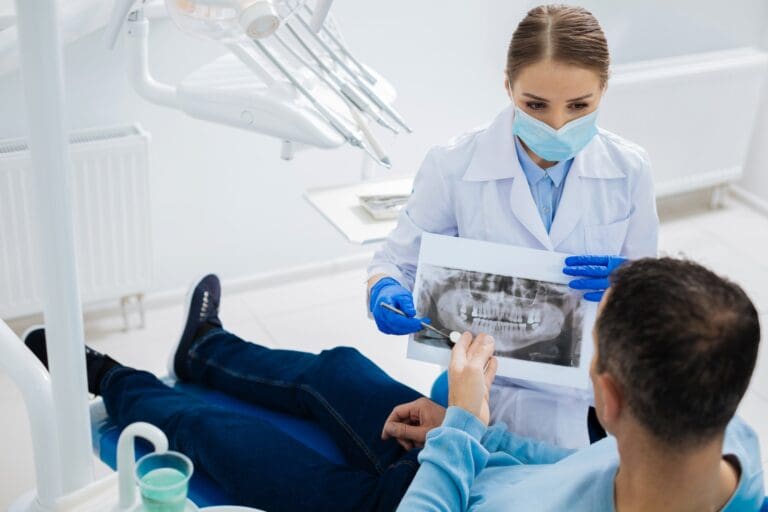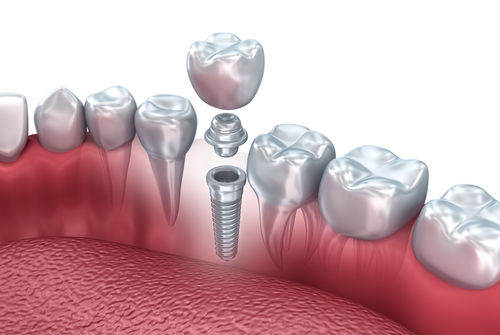Your minor toothache from the previous few weeks suddenly becomes severe when you awaken in the middle of the night. Right now, you can almost hear the pounding of your tooth pain.
You take a glance at it in the mirror and decide that the dentist will likely just want to remove it. How long will it take you to recuperate if this is the case? Will you have to take a lot of time off of work?
Your basic inquiries about what to anticipate following a tooth extraction are all addressed in this article.
Recovery Period
Recovery varies greatly from patient to patient depending on a few key aspects, including the size and position of the tooth, the patient’s oral health, and the patient’s adherence to aftercare instructions.
The recuperation time is typically relatively short following a straightforward extraction, which includes taking out a tooth that has already broken through the gum line.
Your oral surgeon will typically request that you rest for at least forty-eight to seventy-two hours after the procedure so the treated region can clot. A patient should be able to resume regular physical activity after that.
In most cases, the soft tissue will heal completely in three to four weeks.
The healing process takes a little longer after a patient has had a surgical extraction—in which a tooth that is still embedded in the gums and jawbone is removed.
The doctor will probably advise the patient to take it easy for the first forty-eight to seventy-two hours and then limit their physical activity for approximately a week or two before returning to their regular activities.
How much time a patient will need to miss from work after an extraction primarily relies on how much physical activity their job requires. This should be discussed upfront between the patient and their oral surgeon so that the patient can work with their employer.
Tips for Extractions Recovery
Following an extraction, a patient should do the following to ensure a quick recovery:
- For the first few days, refrain from using any dental tools or chewing gum close to the treatment area.
- For the first twenty-four hours, refrain from using a straw, rinsing your mouth, or spitting so that a proper blood clot can develop.
- Avoid smoking since it raises your risk of getting sick.
- Limit your physical activities to avoid causing the clot to move.
- Keep your head up when sleeping for the first few days to stop bleeding.
- To reduce any swelling or pain, apply a cold compress or take the prescribed medication as instructed.
Conclusion
The majority of extractions are generally quick and simple, and recovery times are short—thanks to contemporary dental technology and local anesthetic.
The remedy is straightforward if you’d prefer to prevent having a tooth pulled in the first place: brushing and flossing twice a day, as well as routine dental visits.
By following this straightforward method, you can guarantee that every time you visit the dentist, you’ll leave with exactly as many teeth as when you arrived.
Liberia Dental Care provides a high-quality tooth extraction service in Virginia. We offer unique dental treatments to patients of all ages. Our services include pediatric, general, and cosmetic dental care. Book your dental appointment today!









